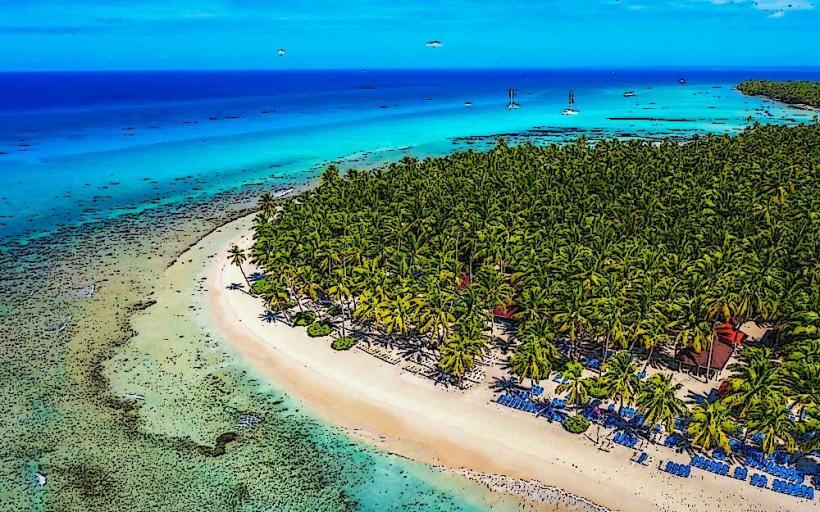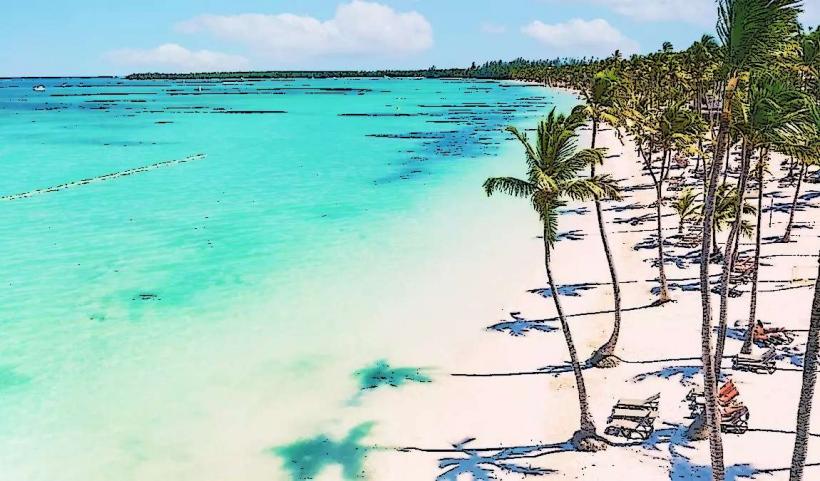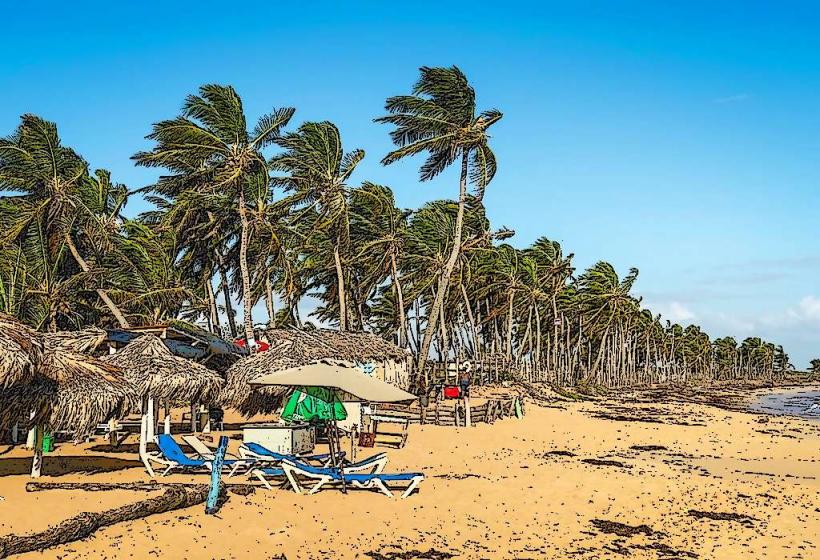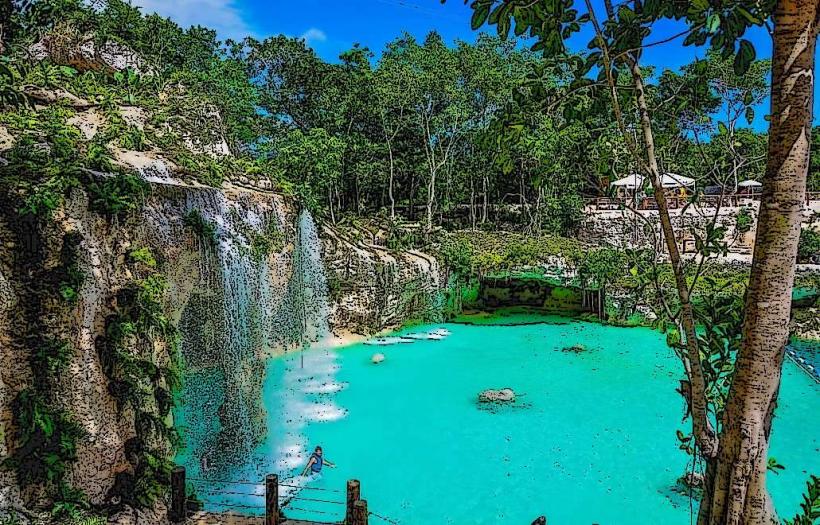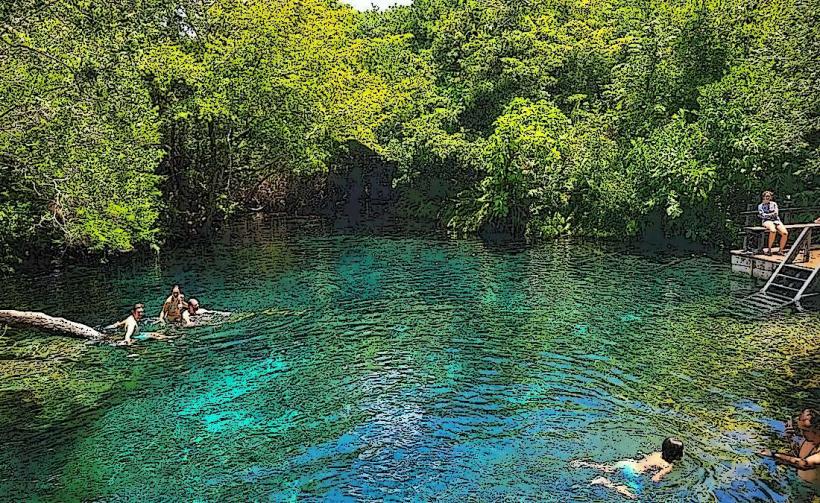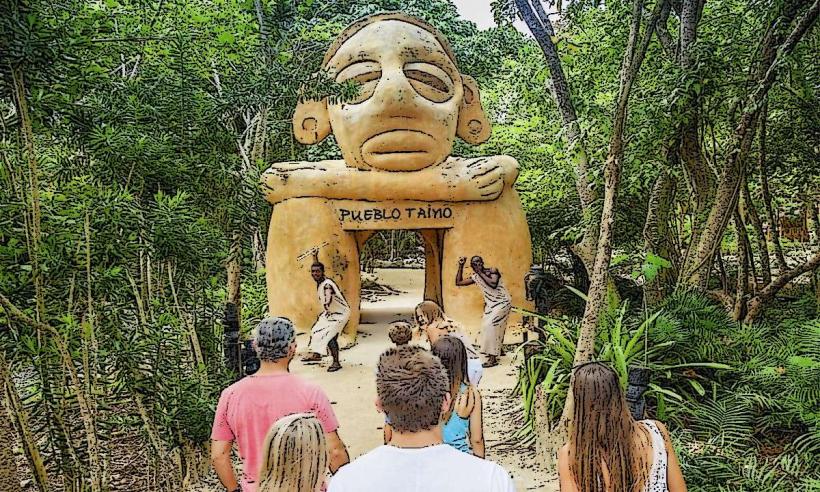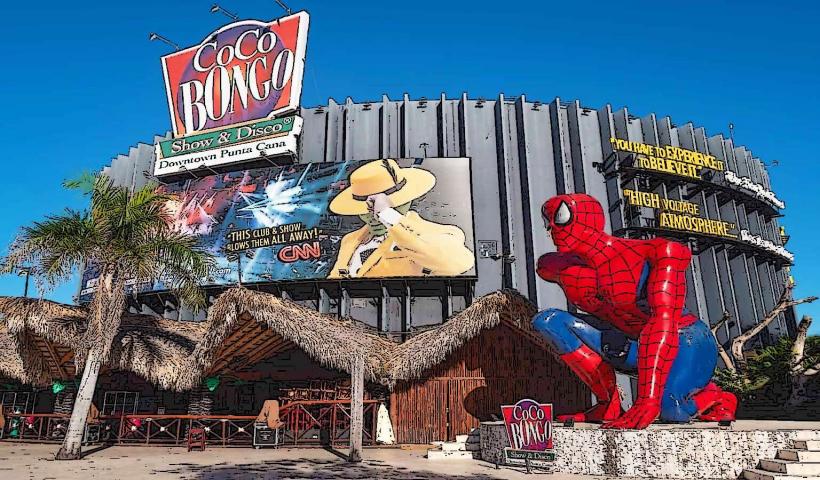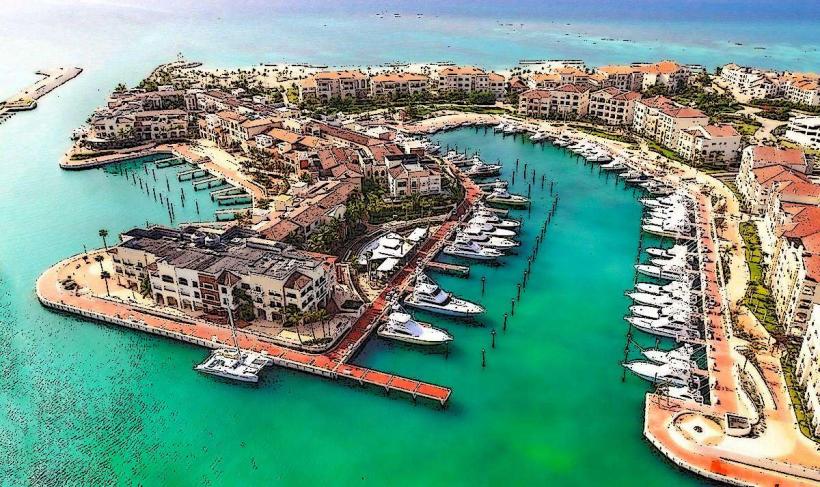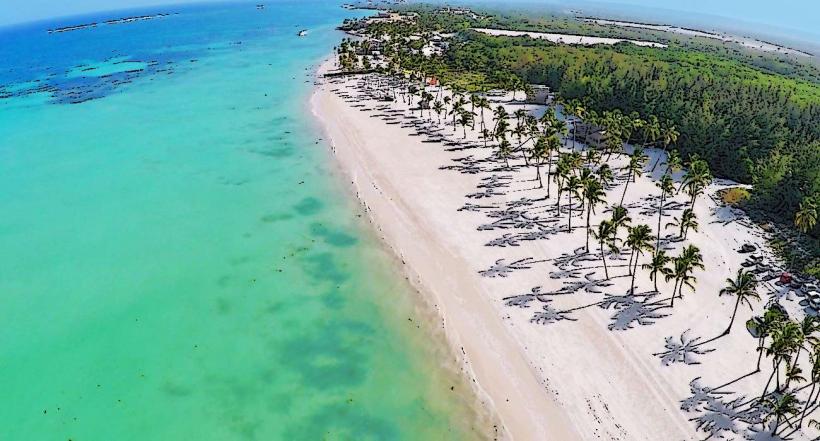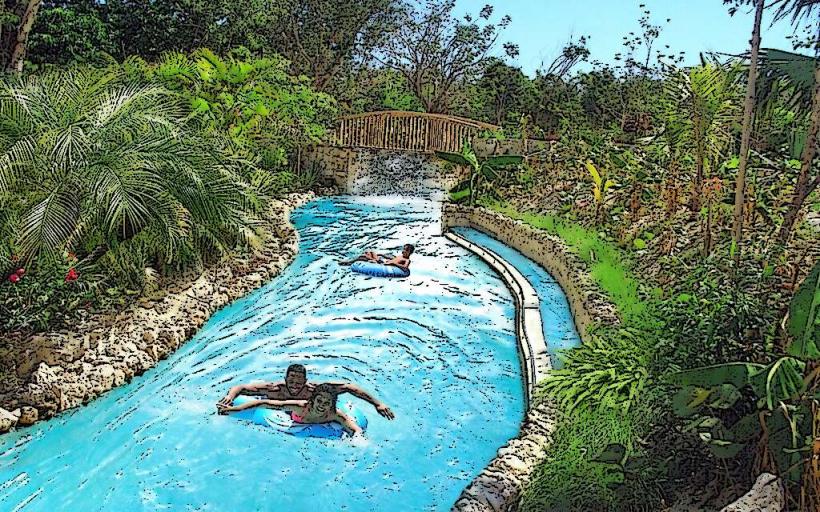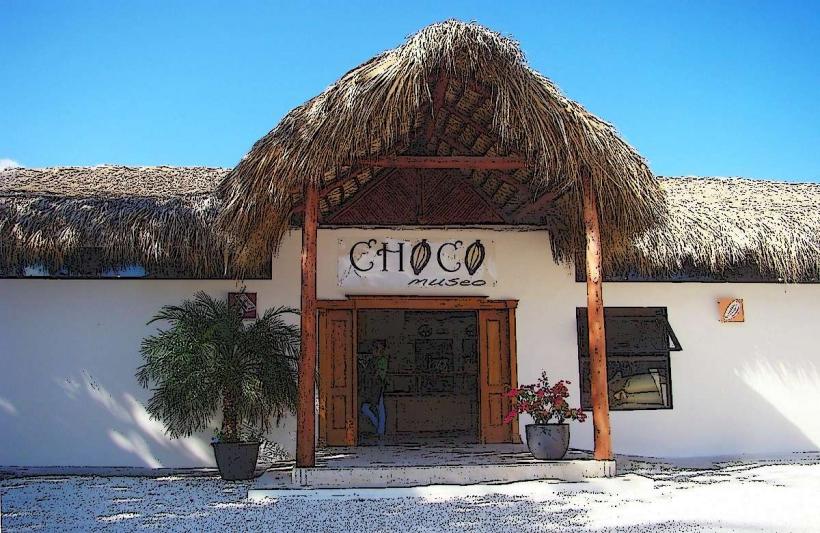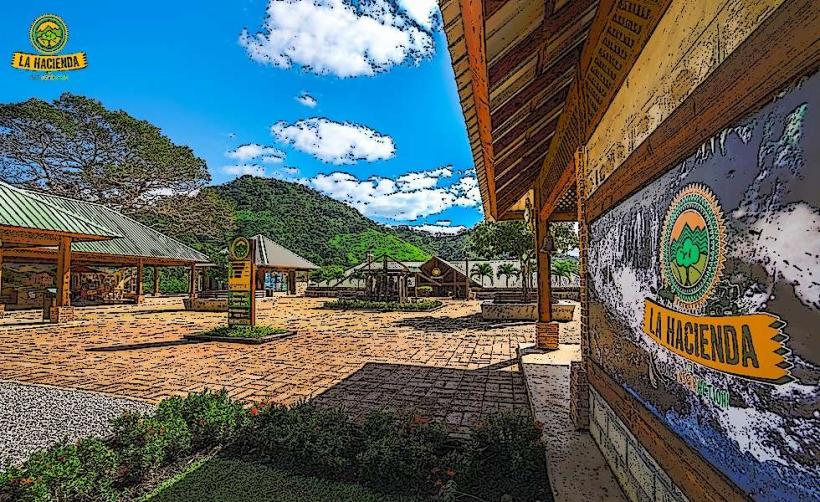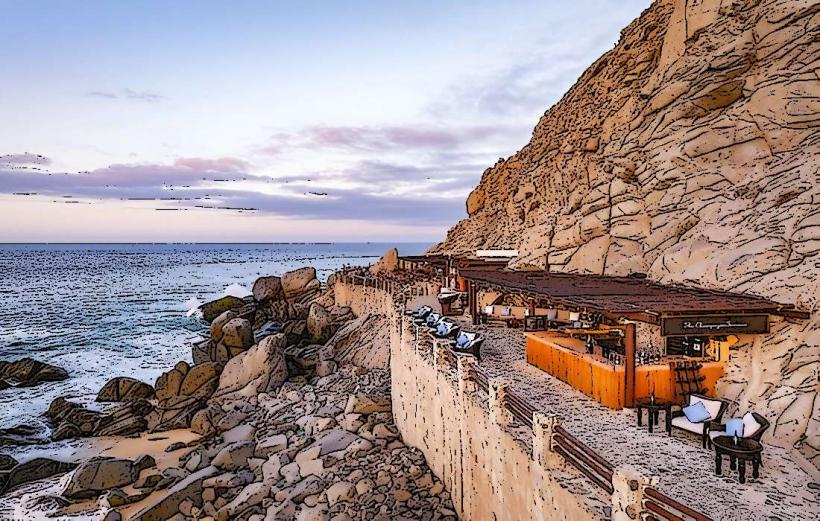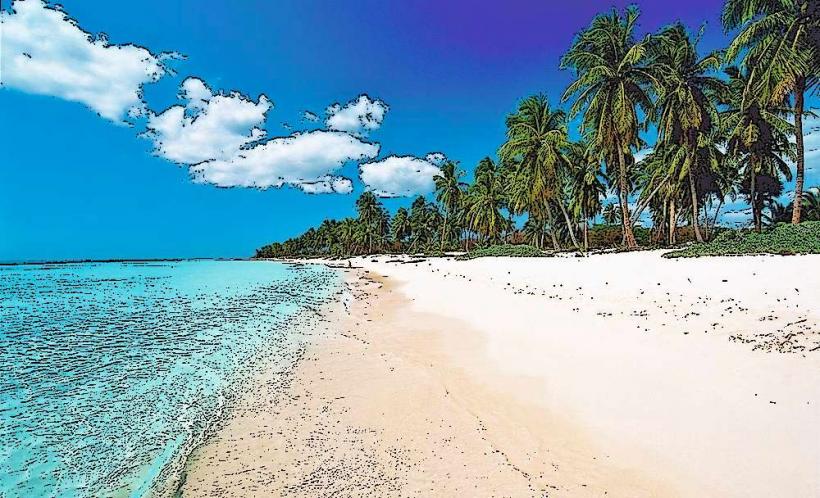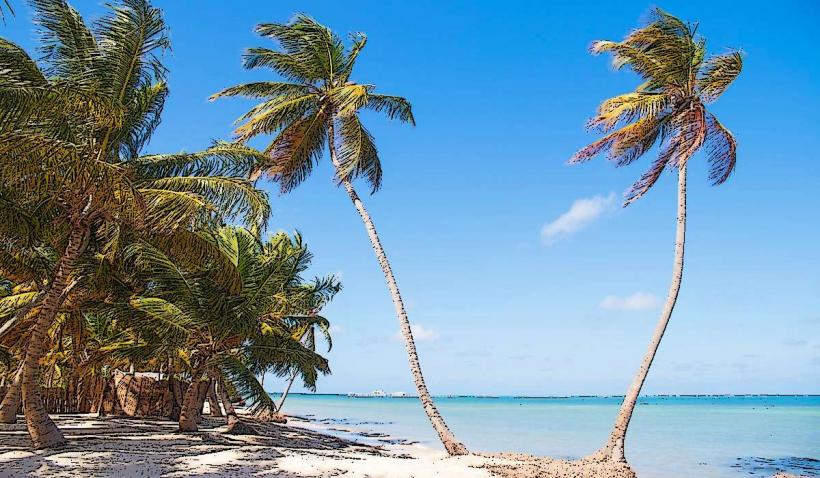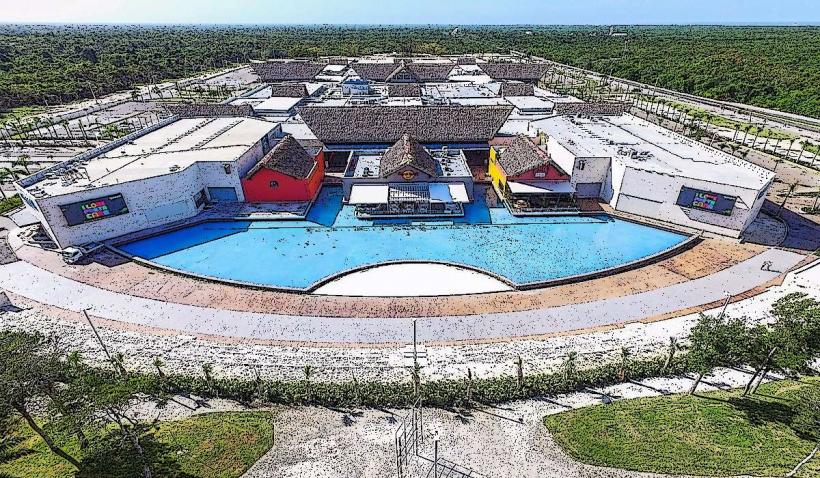Information
Landmark: Basilica Nuestra Señora De La AltagraciaCity: Punta Cana
Country: Dominican Republic
Continent: North America
Basilica Nuestra Señora De La Altagracia, Punta Cana, Dominican Republic, North America
Basilica Nuestra Señora de la Altagracia is a significant religious site located in Higuey, the capital of the La Altagracia Province in the Dominican Republic. It is one of the most important pilgrimage destinations in the country and a major symbol of the country's Catholic heritage. The Basilica is dedicated to the Virgin of La Altagracia, the patroness of the Dominican Republic, and attracts thousands of visitors each year, especially during religious festivals.
1. Historical Background
- Foundation: The Basilica was built to honor the Virgin of La Altagracia, a revered image of the Virgin Mary that is believed to have miraculous powers. The original image of the Virgin of La Altagracia is said to have been brought to the Dominican Republic by the Spanish settlers in the 16th century, although its exact origins are unclear. The image is often associated with a painting of the Virgin Mary and child, which is said to have been created by an unknown artist.
- Construction of the Basilica: The current Basilica was completed in 1971, although the construction project began earlier in the 1950s. It was designed in a modern architectural style, with a distinctive, towering structure that blends traditional religious architecture with contemporary elements.
2. Architectural Features
The Basilica is a striking example of modern religious architecture, combining elements of traditional Catholic church design with innovative features.
- Exterior Design: The Basilica has a large, open structure with a towering, triangular roof that symbolizes the Holy Trinity. The front façade of the Basilica is adorned with beautiful stained-glass windows that depict religious scenes.
- Interior Design: Inside, the Basilica has a spacious, airy interior, with ample natural light filtering through the large windows. The altar is the focal point, with a large statue of the Virgin of La Altagracia displayed prominently. The floors are decorated with intricate tiles, and the ceiling features impressive artwork and design.
- Distinctive Features: The Basilica has an impressive, modernist-style bell tower, which stands as a landmark in the region. The structure is designed to look like an open, embracing hand, symbolizing God’s protection over the people of the Dominican Republic.
3. Significance and Role
- Religious Importance: The Basilica is dedicated to the Virgin of La Altagracia, who is considered the protector and patron saint of the Dominican Republic. The Virgin of La Altagracia is one of the most venerated figures in Dominican Catholicism, and her image is widely displayed in homes, churches, and public spaces across the country.
- Pilgrimage Site: Every year, especially during the feast day of the Virgin of La Altagracia, celebrated on January 21st, thousands of pilgrims travel to the Basilica to offer their prayers and express their devotion. The pilgrimage to the Basilica is a deeply spiritual and significant tradition for many Dominicans.
- Religious Celebrations: The Basilica hosts various religious events, including masses, processions, and festivals. The most notable event is the Feast of La Altagracia, which marks the patronal celebration in honor of the Virgin. This event draws large crowds and includes religious ceremonies, music, and cultural festivities.
4. Cultural and Spiritual Impact
- National Symbol: The Basilica is not only a religious site but also a national symbol of the Dominican Republic’s spiritual identity. It serves as a place where people come together to celebrate their shared faith and culture, transcending local and regional divisions.
- Pilgrimage Traditions: Pilgrims make the journey to the Basilica by walking, traveling by bus, or even horseback, as part of a longstanding tradition. This pilgrimage is seen as an act of devotion, penance, and thanksgiving. Many people also come to seek blessings and miracles, as the Virgin of La Altagracia is believed to have healing powers.
- Spiritual Reflection: The Basilica offers visitors a chance for quiet reflection and prayer, with its serene atmosphere and peaceful surroundings. The site also provides an opportunity to learn more about the history of Catholicism in the Dominican Republic and the role of the Virgin Mary in Dominican religious life.
5. Visiting the Basilica
- Location: The Basilica is located in Higuey, which is about 30 kilometers (18 miles) inland from Bávaro and Punta Cana. It is easily accessible by car or bus, making it a popular day trip for those staying in the resort areas of the Dominican Republic.
- Hours and Accessibility: The Basilica is generally open to visitors daily, with mass services held regularly. It is also open for tourists who wish to explore the building, learn about its history, or participate in religious services.
- Guided Tours: For those interested in learning more about the history, architecture, and significance of the Basilica, guided tours are available. These tours provide insights into the religious and cultural importance of the site, and they often include visits to nearby points of interest in Higuey, such as the town's market and local landmarks.
6. Art and Relics
- Statue of the Virgin of La Altagracia: The Basilica houses the iconic statue of the Virgin of La Altagracia, which is the central figure of the site. The statue is revered as a symbol of divine protection, and it is the focal point of the Basilica’s religious ceremonies.
- Religious Artwork: The Basilica features various pieces of religious artwork, including murals, stained glass windows, and sculptures that reflect the Dominican Republic's Catholic heritage. These works of art depict scenes from the Bible and the life of the Virgin Mary.
- Religious Relics: The Basilica also houses several religious relics, including gifts and offerings left by pilgrims as signs of gratitude or requests for miracles.
7. Surrounding Area
- Higuey Town: The Basilica is located in the town of Higuey, which is the capital of La Altagracia Province. The town itself is known for its historical sites, vibrant local markets, and traditional Dominican culture. Visitors can explore the local market, sample Dominican street food, and shop for handmade crafts.
- Nearby Attractions: While in the area, visitors can also explore nearby attractions like Bávaro Beach and Macau Beach. The region is known for its stunning beaches, resorts, and natural beauty, making the Basilica a great addition to a visit to Punta Cana or the eastern coast of the Dominican Republic.
8. Visiting Tips
- Dress Modestly: Since the Basilica is a religious site, visitors are advised to dress modestly. Covering the shoulders and wearing respectful attire is encouraged, especially if you plan to attend mass or religious events.
- Best Time to Visit: The Basilica is most crowded during the Feast of La Altagracia in January, so visitors who prefer a quieter experience may want to visit during the off-peak seasons.
- Respectful Behavior: Visitors should maintain a respectful attitude while inside the Basilica, especially during religious services. It is also a good idea to avoid loud talking or disruptive behavior in the vicinity of the statue or altar.
Conclusion
The Basilica Nuestra Señora de la Altagracia is not just a place of worship; it is a symbol of the Dominican Republic's faith, culture, and history. Its beautiful architecture, spiritual significance, and the annual pilgrimage to honor the Virgin of La Altagracia make it an important landmark. Whether you are visiting for religious reasons, cultural exploration, or simply to experience the beauty of the Dominican Republic’s heritage, the Basilica is a must-see destination.


